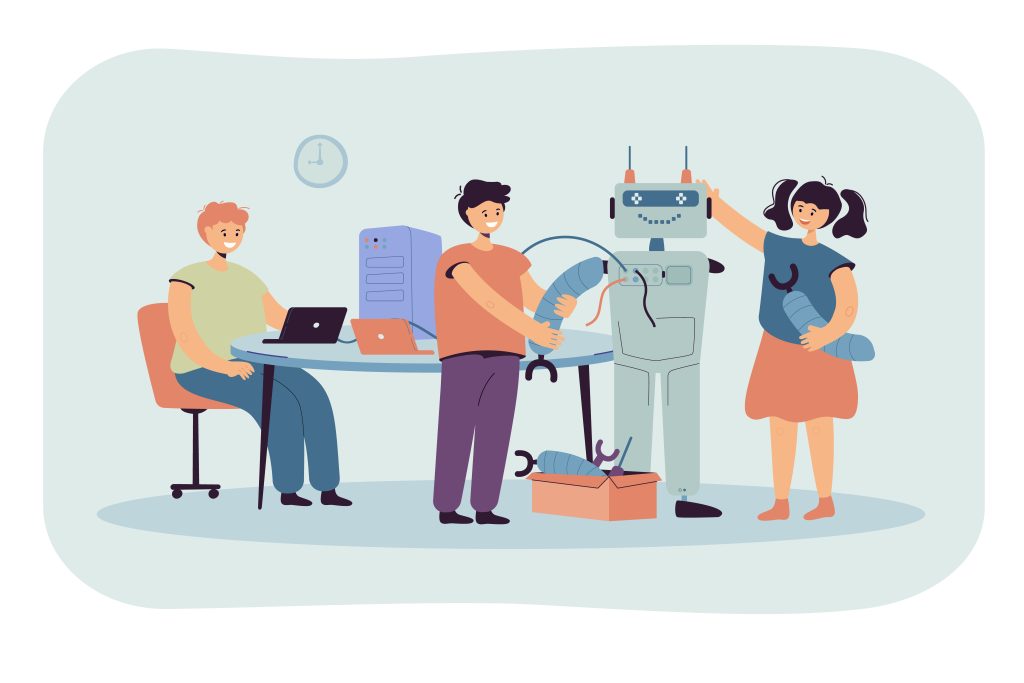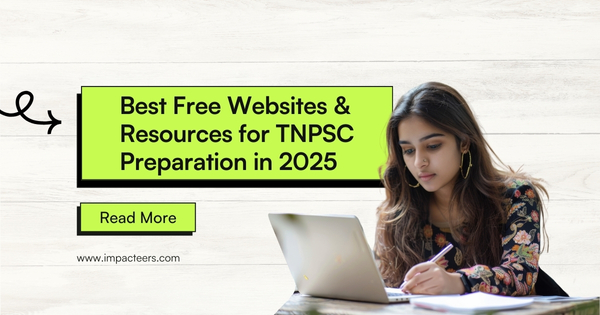If you are interested in doing AI/ML jobs, chances are you’ve heard the following query: “Do I need to have a degree to hire?” For many years, the response was an absolute yes. Most tech companies demanded a computer science degree before looking at your resume.
But the time has changed. Today, many employers care less about where you have studied and what you really can do. If you can build a working model, analyze data, or write a clean code, recruitors can take you seriously – even without fancy diploma.
This is why so many people are searching for jobs without degrees in AI/ML. Demand for talent is exploding, and employers are beginning to prioritize skills, certificates and real -world projects on traditional education.
So, do you still need a degree for AI/ML jobs in 2025? Let’s break it down.
Visit Us >>> https://www.impacteers.com/home
1. The Old Way: Degrees as Gatekeepers
Not long ago, the tech industry was rigid. A computer science or engineering degree was considered the minimum requirement. Recruiters believed a degree meant you had strong math, programming, and problem-solving foundations.
Why Degrees Were Prioritized:
- They provided structure (math, algorithms, statistics).
- They were a reliable filter when applications flooded in.
- Companies believed only graduates could handle advanced AI tasks.
But while degrees taught theory, they often skipped practical applications—the very skills employers now value most.
2. The New Reality: Skills Speak Louder
The rise of online learning, coding bootcamps, and certification programs has changed everything. Employers now hire based on what you can do, not just what you studied.
Why Skills Are Winning Over Degrees:
- AI is growing too fast for traditional education to keep up.
- Employers want people who can deliver from day one.
- Self-taught coders and bootcamp grads have proven their worth.
This doesn’t mean degrees are worthless—it just means they’re no longer the only way in.
3. Can You Really Get AI/ML Jobs Without Degree?
Yes—you absolutely can. Thousands of professionals are proving it.
Paths That Work:
- Online Courses – Platforms like Coursera, Udemy, and Impacteers Skills provide industry-ready training.
- Certifications – Machine learning certifications act as proof of ability.
- Personal Projects – Building your own AI/ML models shows initiative.
- Internships & Freelance Work – Hands-on experience beats theory.
Recruiters often say: “Show me what you’ve built.” If you can do that, you’re already ahead.
4. Skills Employers Value Most
So, if not degrees, what matters? Here’s what employers hiring for AI/ML jobs look for:
- Programming Knowledge – Python, R, or Java.
- Machine Learning Libraries – TensorFlow, PyTorch, Scikit-learn.
- Data Handling – SQL, Pandas, Excel.
- Math & Statistics Basics – Even if self-taught.
- Problem-Solving Ability – Can you translate data into results?
The good news? You don’t need a 4-year course to learn these. Focused training programs can cover them in months.
5. The Role of Certifications
In place of a degree, certifications can validate your skills. Recruiters see them as a reliable sign you’ve put in the work.
Popular AI/ML Certifications:
- Google’s TensorFlow Developer Certificate
- IBM Machine Learning Professional Certificate
- Microsoft Azure AI Engineer Associate
- Impacteers Skills’ AI/ML Training Programs
Certifications won’t guarantee you a job, but they make your resume stand out and prove you’re serious.
6. The Portfolio Advantage
If you’re going for jobs without degree, your portfolio is your degree.
What to Include:
- GitHub Repositories – Show clean, documented code.
- Projects – Examples: sentiment analysis tool, image recognition model, chatbot.
- Case Studies – Explain your process, not just results.
Employers want to see proof that you can handle real-world problems, not just follow tutorials.
7. Internships: The Gateway
Internships are one of the fastest ways into AI/ML. They bridge the gap between theory and real work.
Even unpaid internships can lead to full-time AI jobs once you prove yourself. Platforms like Impacteers Skills connect freshers with internship opportunities that build experience and confidence.
8. Success Stories: From Non-Degree to AI Careers
Across LinkedIn, you’ll find people landing ML jobs without traditional degrees. Some started in unrelated fields—finance, marketing, even teaching—and transitioned into AI by building skills online.
These stories highlight one thing: persistence and practical skills matter more than your academic background.
9. When a Degree Still Helps
While you can land jobs without degree, there are still scenarios where a degree gives an advantage:
- Research Roles – Many academic labs still require degrees.
- Big Tech Companies – Some prefer formal education for advanced roles.
- Immigration & Work Visas – Degrees can ease visa processes abroad.
But for most entry-level and mid-level AI/ML roles, your skills matter more.
10. How to Get Started Without a Degree
If you’re serious about an AI/ML career, here’s a roadmap:
- Pick a Language – Python is the safest bet.
- Take Structured Courses – Online or with Impacteers Skills.
- Build Projects – Start small, grow big.
- Earn Certifications – Add credibility to your resume.
- Apply for Internships – Gain hands-on exposure.
- Network – LinkedIn, GitHub, and communities matter.
11. Why Employers are Opening Up
AI is expanding too quickly for employers to stay rigid. If they only hired degree-holders, they’d miss out on a huge pool of skilled candidates.
Today, companies want problem-solvers—people who can adapt, learn quickly, and deliver results. Whether you have a degree or not, if you can do that, you’ll find opportunities.

Conclusion: Skills Over Degrees
Big question- “Do you need a degree to get an AI/mL job?” – Now there is no simple yes or no answer. For many roles, there is no answer. Employers are shifting to hiring people who can demonstrate skills, handle projects and give results.
This is the reason why investment in certificate, training program and internship matters more than ever. One degree can help, of course, but it is not the only ticket.
And if you are ready to start, platforms like impacter skills are designed to prepare you for real world AI/mL jobs. With structured learning and practical projects, you can prove employers that you have found that takes it – even without a traditional degree.
The future of work is clear: skill win. The question is, are you ready to start your construction?
About Us >>>> https://blog.impacteers.com/
FAQs
1. Can I get AI jobs without degree?
Yes. Many employers now focus on skills, certifications, and projects instead of formal degrees.
2. What skills matter most for AI/ML jobs?
Python, ML frameworks (like TensorFlow), data analysis, and problem-solving skills are in highest demand.
3. Do certifications replace a degree?
Not fully, but they add credibility and prove your abilities to recruiters.
4. Is a portfolio really necessary?
Yes. If you don’t have a degree, your portfolio is your proof of work. Employers want to see real projects.
5. Where can I start building AI/ML skills?
Online platforms like Impacteers Skills provide targeted training programs designed to get you job-ready.



Post Comment